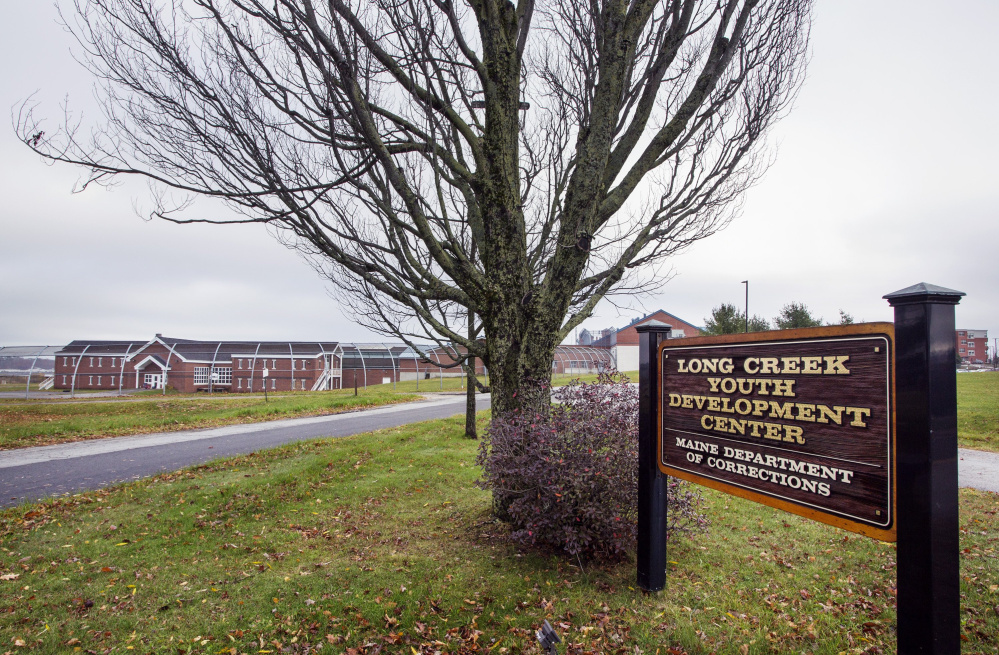It’s hard to know what to say when a family is grieving the suicide of a child. But if the child was in state custody, there is no excuse for silence.
That’s why we were encouraged this week when Maine Corrections Commissioner Joseph Fitzpatrick spoke about his reaction to the death of Charles Maisie Knowles, a 16-year-old transgender boy who died Nov. 1 as a result of self-inflicted injuries suffered at Long Creek Youth Development Center last month.
In a letter to the editor, Fitzpatrick expressed his sympathy for the teenager’s family, as well as the staff at Long Creek, who are shocked by the sudden death of someone who was in their care. It was the first death at the institution in 20 years.
The commissioner said that he is reviewing all of the department’s policies and procedures to see if there could be something that would prevent an event like this from happening again.
In a subsequent interview, Fitzpatrick said that he planned to convene a panel of outside groups to evaluate the case and make recommendations. He said that there were two open investigations involving the state police and the Attorney General’s Office.
Fitzpatrick is limited in what he can say now, but there are still important issues that will need to be aired after the inquiry is complete.
For one, there is a dispute between the Knowles family and Fitzpatrick about the type of mental health services available to young people who are being “detained” at the facility, but not “committed.”
Michelle Knowles, the child’s mother, has said she had been told that her son was not receiving a full complement of treatment because he was being held at the facility awaiting court action, but had not been committed by a judge. Fitzpatrick forcefully pushed back in his interview, saying, “There is no differential between committed and detained in terms of health care or mental health care. In terms of access to psychiatry and medication and clinical social workers and psychologists, it’s the same.”
Another issue is whether the facility has the right policies in place to care for transgender youth. Advocates for lesbian, gay, bisexual and transgender people, along with the Maine chapter of the ACLU, have raised questions about whether the proper safeguards were in place in this situation.
Fitzpatrick is doing the right thing by convening a panel and speaking out, even in the limited way now available to him. He should not stop there.
Every Mainer is responsible for the health and safety of children who are in state custody. The commissioner should keep the public informed about what changes, if any, he is making at Long Creek and what his staff will do to protect every child in their care.
Send questions/comments to the editors.



Comments are no longer available on this story